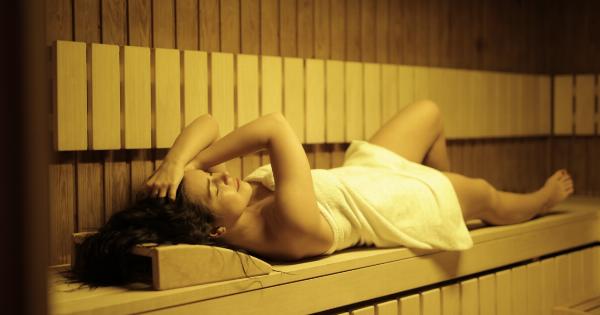It is not uncommon to associate physical attractiveness with self-centeredness. Many people believe that those who are good-looking are more likely to be vain, selfish, and overly concerned with their appearances.
While it is not entirely accurate, there is some truth to this belief. Evidence indicates that attractive individuals tend to be more focused on themselves compared to their less attractive counterparts.
What is Self-Centeredness?
Self-centeredness is a personality trait that is characterized by excessive concern with oneself and a disregard for others. It refers to someone who is selfish, egocentric, and preoccupied with their own needs and desires.
A self-centered individual tends to prioritize their own interests above all else, and they find it difficult to empathize or relate to the feelings of others.
There are many factors that contribute to self-centeredness, including personality, upbringing, and life experiences. However, one surprising factor that research has shown to be linked to self-centeredness is physical attractiveness.
The Attractiveness Bias
Physical attractiveness is a highly valued trait in our society, and research has consistently shown that it is associated with a range of positive outcomes.
People who are more attractive are perceived as being more likable, competent, and trustworthy, and they are more likely to succeed in social, economic, and romantic contexts.
However, there is also a downside to being attractive. Studies have found that attractive individuals are more likely to be judged harshly for their mistakes or flaws than their less attractive peers.
They are also more likely to be objectified and treated as if their physical appearance is the only thing that matters about them.
This bias towards attractiveness creates a set of conditions that can contribute to self-centeredness. When people are constantly praised and valued for their appearance, it is easy for them to become overly focused on maintaining it.
They may become preoccupied with their appearance and spend excessive time and money on grooming, dieting, and exercising. They may also become more concerned with how others perceive them than with the feelings and needs of those around them.
The Halo Effect
Another factor that contributes to self-centeredness in attractive individuals is the halo effect. The halo effect is a cognitive bias that causes people to attribute positive qualities to others based on one positive trait.
For example, if someone is physically attractive, we may assume that they are also intelligent, kind, and trustworthy, even if we have no evidence to support these assumptions.
This bias can be dangerous because it leads us to prioritize the positive qualities of others over their negative qualities. It can also create a sense of entitlement in attractive individuals.
If they are constantly praised and rewarded for their appearance, they may begin to believe that they are superior to others in all respects. This belief can lead to arrogance, narcissism, and a lack of concern for others.
The Cult of Beauty
Finally, self-centeredness in attractive individuals may be reinforced by the cult of beauty. The cult of beauty is the set of cultural norms and expectations that prioritize physical appearance over all other traits.
It is the reason why people spend billions of dollars each year on cosmetic surgery, makeup, and fashion.
While the cult of beauty is damaging to both men and women, it is particularly problematic for women. Women are expected to meet impossible beauty standards that are perpetuated by the media, advertising, and social norms.
They are judged more harshly for their appearance than men and are often treated as objects rather than people.
This pressure to conform to the cult of beauty can create a sense of self-centeredness in attractive women. They may become more focused on their appearance than anything else and may feel that their self-worth is based solely on their looks.
This mentality can lead to a lack of concern for the feelings and needs of others.
Breaking the Self-Centeredness Cycle
While it is true that physical attractiveness can contribute to self-centeredness, it is important to remember that not all attractive individuals are self-centered.
Self-centeredness is a complex trait that is influenced by a variety of factors, and it is not solely determined by physical appearance.
If you are someone who is attractive, it is important to be aware of the potential negative effects of the halo effect and the cult of beauty.
It is important to seek out relationships and experiences that value you for who you are as a person, rather than just your appearance. This can help you to develop a more balanced and compassionate attitude towards yourself and others.
Additionally, it is important to challenge the culture of beauty and to promote diversity and acceptance in all areas of life.
By working to dismantle the idea that physical appearance is the most important trait a person can have, we can create a more just and equitable society for all.
Conclusion
In conclusion, there is some evidence to suggest that physical attractiveness is linked to self-centeredness. Attractive individuals may be more focused on themselves due to the attractiveness bias, the halo effect, and the cult of beauty.
However, self-centeredness is a complex trait that is influenced by many different factors, and it is not solely determined by physical appearance.
If you are someone who is attractive, it is important to be aware of the potential negative effects of these cultural biases and to work to challenge them.
By valuing yourself and others for who they are as people, rather than just their appearances, you can break free from the cycle of self-centeredness and create a more compassionate and equitable world.





























